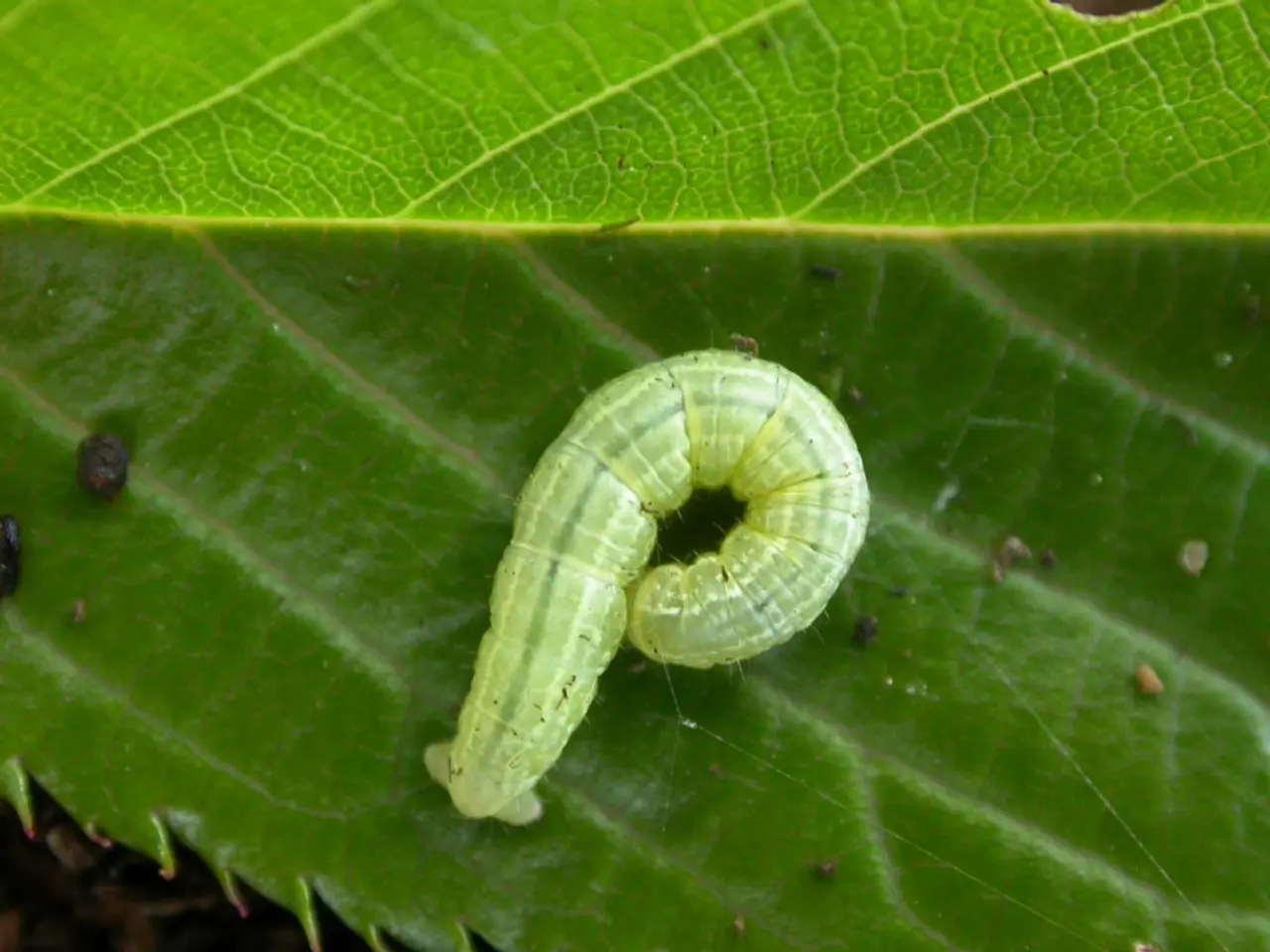Exploring Wormwood: Its Utilizations, Advantages, and Potential Hazards
Artemisia absinthium L., commonly known as wormwood, is a perennial shrub from the Asteraceae family of plants. This plant, with its deeply lobed, grayish-green leaves and small yellow flowers that bloom in July and August, has been used traditionally in Asia and Europe for treating gastrointestinal disorders and expelling worms and parasites.
Wormwood contains numerous compounds responsible for its biological activities. These include essential oils, bitter sesquiterpene lactones, absinthin isomers, bitter compounds such as artemisinin, phenolic acids, flavonoids, coumarins, and the most well-known active ingredient, thujone.
One of the confirmed biological activities of wormwood is its ability to stimulate digestion and appetite. It has also been found to be antiparasitic, inhibiting the growth of protozoan infections, and having antibacterial properties. Moreover, it is antifungal, anti-ulcer, prevents damage to the liver, is anti-inflammatory, has antioxidants, stimulates the immune system, has the ability to damage cancer cells, is a pain reliever, protects nerve cells against damage, and has an antidepressant effect, potentially increasing serotonin levels.
Studies suggest that wormwood may be effective for treating immune disorders, intracellular viruses, and bacterial infections. It may also inhibit the growth of human breast cancer cells and benefit those with neurological diseases, such as Alzheimer's or Parkinson's. However, a 2020 review also indicated that the bitter compounds in wormwood can stimulate gastric juices and bile and improve blood flow in the digestive system, and can force out parasitic organisms and act against several pathogens.
Despite its potential benefits, there are also concerns about the use of wormwood. The FDA prohibits the active ingredient, thujone, in foods and beverages due to its potential toxicity. Studies indicate that thujone may cross the blood-brain barrier and affect the nervous system, causing convulsions and affecting fertility in animal experiments. Wormwood may also cause allergic reactions, including rhinitis and dermatitis.
The recommended dosages and precautions for consuming wormwood vary by form. For example, for wormwood tea, steep ½ to 1 teaspoon of dried wormwood herb in hot water and drink 1 to 2 cups per day, for up to 2 weeks. For wormwood tincture/extract, take 10–20 drops (about 0.45 ml) diluted in water or juice, 1 to 3 times daily, preferably between meals, not exceeding the recommended dose or long-term use. It's important to start with small doses and increase cautiously to minimize side effects, and to avoid use during pregnancy and lactation due to insufficient safety data.
In conclusion, while wormwood offers a range of potential health benefits, it's crucial to use it responsibly and with caution. Consult a healthcare professional before use, especially if you have existing health conditions or are taking medications. Long-term use or exceeding recommended doses should be avoided to prevent toxicity.
- Wormwood, with its stimulating properties, could be a potential area of research in the realm of workplace-wellness, improving employee productivity.
- The predictive benefits of wormwood in terms of its impact on digestive disorders could open new avenues in medical-conditions research.
- Obesity, diabetes, and chronic-kidney-disease are chronic diseases where the effects of wormwood could be explored further as part of nutrition studies.
- Atopic dermatitis, a skin-condition, could potentially be alleviated by therapies and treatments related to wormwood.
- In the context of health-and-wellness, the antifungal and anti-ulcer properties of wormwood could play a significant role in maintaining eye-health and fitness-and-exercise.
- Wormwood's ability to stimulate the immune system could offer insights into the management of sexual-health, family-health, and mental-health issues.
- Men's-health could benefit from research into wormwood's potential effects on prostate health and reproductive functions.
- Skin-care products might incorporate wormwood for its anti-inflammatory and antioxidant properties, contributing to their overall effectiveness.
- For those managing weight, weight-management programs could consider incorporating wormwood owing to its appetite-stimulant effects.
- In the field of mental-health, the potential antidepressant effect of wormwood, increasing serotonin levels, could be a point of interest.
- Wormwood's ability to damage cancer cells could lead to new treatments for cancer.
- As wormwood has been found to protect nerve cells against damage, it could prove valuable in neurological-disorders research.
- Rheumatoid-arthritis, a skin-condition, could potentially be managed more effectively with wormwood-based therapies and treatments.
- Migraine sufferers might find relief in studying the pain-relieving properties of wormwood.
- Medicare benefits could be extended to cover research and development of wormwood-based treatments, given its potential impacts on chronic diseases.
- CBD, a popular health supplement, could be combined with wormwood in various products owing to their shared medicinal properties.
- Parenting resources could incorporate advice on sensible usage of wormwood, considering potential side effects and interaction with existing medical-conditions or medications.




